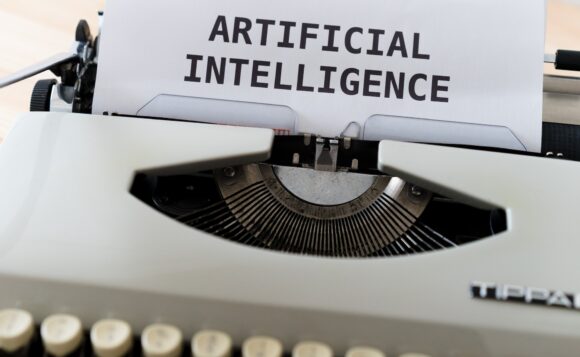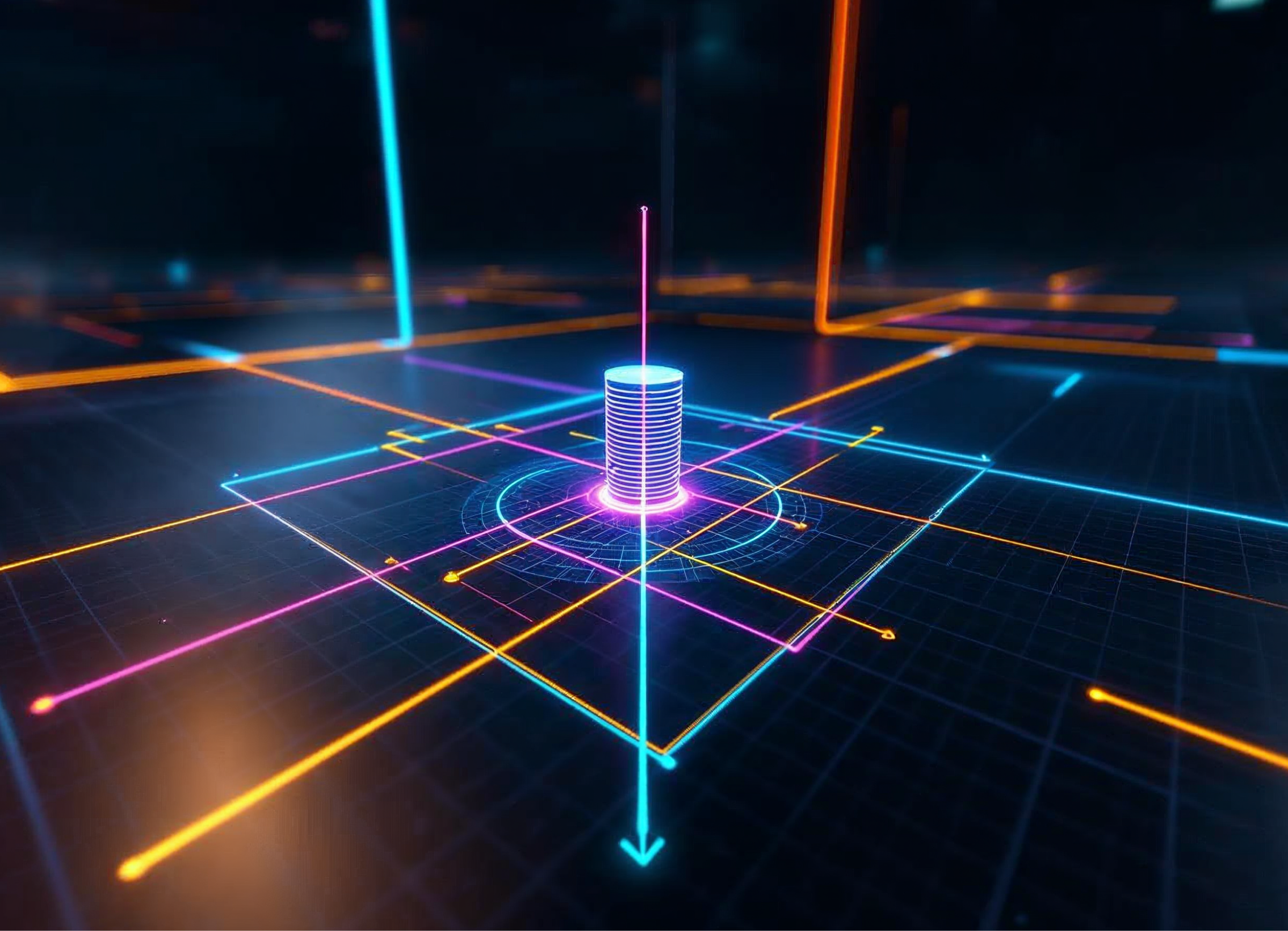
Today, artificial intelligence is a driving force that transforms and facilitates a whole range of fields: from creating texts and images to improving the performance of entire applications.
Moreover, AI is becoming an essential element in developing virtual and augmented reality. Artificial intelligence has already become an assistant for developers of such companies as Magic Leap, Unity, and others.
In this article, you will learn more about the solutions and benefits that AI brings to the development of extended reality.
AI and XR: Perfect Fusion for Immersive Experiences
Companies involved in the development of extended reality applications can use artificial intelligence for various purposes. Here are some ways in which AI can be applied.
Personalized Realities: Power of AI in Customizing XR Experiences
AI can analyze data on the behavior and preferences of VR users to offer more personalized and immersive content. For example, AI can customize the virtual environment to a user’s individual needs, as well as suggest content or interactive elements that may be of interest to a user.
Enhancing Interactions: AI’s Role in Developing XR Assistants
AI can be used to develop virtual reality agents with advanced intelligence. These agents can interact with users, answer questions, provide information, and create more realistic scenarios. The use of AI makes it possible to create agents that can adapt to the user’s actions and demonstrate intellectual behavior.
Magic Leap has already successfully implemented artificial intelligence to provide better and more realistic XR experiences to improve human interaction. They are already using AI algorithms to develop digital models in AR, one of which is the MICA hyperrealistic human. Using these AI algorithms, the creators managed to give their digital model eye movements, facial expressions, and behavior that are as close as possible to a living person.
“AI components were added to track a user and look them in the eye. Additional AI elements were added for body language and posture. Our team focused on natural facial expressions, we wanted MICA to emote in believable ways,” said John Monos, vice president of Human-Centered AI at Magic Leap.
Power of AI in Analytics and Development
AI can analyze the collected data while using virtual reality applications to identify patterns, trends, and problems. This information can be used to improve the development process and optimize the user experience. For example, AI can help identify the most popular features or discover bottlenecks in an application that need optimization.
Alex Volkov, Qualium Systems head of XR development, wrote an article about AI implementation in game development and how it optimizes and speeds up the work of a game developer, using ChatGPT as an example.
“In fact, it can save up to 60–70% of the time required for task implementation. Being a professional developer, I knew how to implement a task from scratch, but still needed to write each line of code, optimize it, and debug it. However, with ChatGPT, I managed to save a lot of time on the first point and focus on the last two points,” said Volkov.
You can read the full article about game development using AI here.
Rise of AI in XR: Enhancing Content Analytics and Recognition
AI can be used to recognize and analyze content in virtual reality. For example, AI can automatically analyze video and audio materials, detect objects or events in VR scenes, and also provide speech recognition and natural language processing functions.
AI-Enhanced XR: Revolutionizing Safety and Management Practices
AI can help manage and secure the virtual space. For example, artificial intelligence can control and optimize resources, manage virtual objects, and keep users safe by preventing unwanted situations or interactions.
For example, Unity is working on developing its own AI algorithm for honing the work of 3D models.
“Unity enables the real-time training of models based on unique datasets produced in the creation and operation of RT3D experiences. Through this training, we can build ever-richer services on top of Unity and provide extraordinary capabilities for our partners to leverage Unity as a data creation, simulation, and training engine for their own needs. Natural-language AI models incorporated into the Unity Editor and runtime train on real code and images. That real-usage training data is abstracted from its initial use (it’s not captured or recorded as-is), however, this learning enables Unity’s customers to substantially increase their productivity,” said a blog post.
These are only a few examples of how XR companies can use artificial intelligence. The application of AI depends on the specific needs and goals of the company, as well as on available technologies and resources.
Image: Unsplash.


